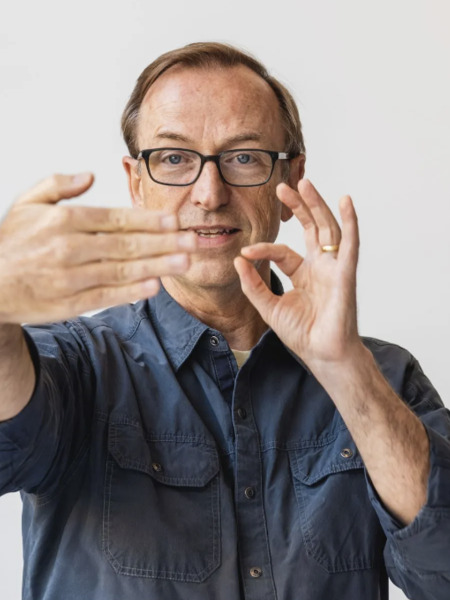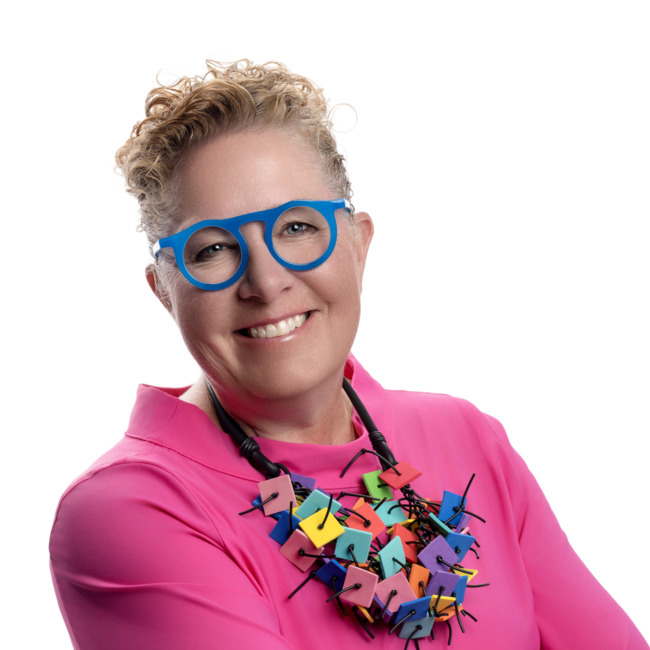Having Jerry as an advisor has helped us tremendously! Every meeting that we've had with him has greatly expanded our horizons about what's possible when blending tech, learning and community.

Jerry Michalski
FROM DOT-COM TO GENERATIVE AI: The doorway to trust and collective intelligence.
Featured Topics
Fee Range
$20,000
Jerry Michalski
Biography
Jerry Michalski (ma-CALL-ski) is the founder of Open Global Mind, a project to help humans make better decisions together. He is also an expert on trust.
Jerry was on the front lines of the tech revolution for a dozen years as a tech-industry trends analyst during the dot-com boom, as Managing Editor of Esther Dyson’s monthly newsletter, Release 1.0. He also advised corporate advanced-technology groups on whether and where to deploy exponential technologies like AI.
One of the 4,000-plus startups Jerry interviewed had a useful mind-mapping app called TheBrain. Intrigued, Jerry began curating his Brain then, over 26 years ago. Now it’s the world’s largest, with over 585,000 entries.
In the mid-90s, Jerry realized the word “consumer” was a linchpin to understanding many of today’s dilemmas. Following “consumer” led him to the concept of trust, especially the many ways that consumer capitalism has broken trust. More optimistically, he also found groups around the world rediscovering trust to solve thorny problems.
From this mix of movements and ideas, Jerry is creating Design from Trust, a process that can be applied in many different domains, which is a great example of how to rethink constraints. In this case, the constraint is mistrust; the solution is thoughtfully-designed trust.
Jerry Michalski
Featured Keynote Programs
Rethink Your Constraints
Many limitations are more malleable than we think they are. The more useful constraints are harder to see, so your first step is to learn to see differently.
Innovating at the boundary between what's possible and what seems impossible is profitable, fun, and a bit frightening.
That boundary is the source of your next distinct advantage. I'd like to help you find it, and craft your organization's future.
Design from Trust
A clear-eyed look at today's institutions reveals that they are mostly designed from mistrust of the average human. Our fear: So many bad actors!
But it turns out people are more trustworthy than we think they are.
What happens when you flip those assumptions, and start with trust?
Thriving in our AI Future
You likely have software superpowers. Is there an app like Excel you barely need to think to use beautifully and powerfully? If so, you have melded with software.
With the advent of Generative AI, we will see a lot more melding.
How will this affect our jobs? Our lives? Our sense of meaning and worth?
This keynote sets a framework for understanding GenAI's history, potential, and future roles.


















